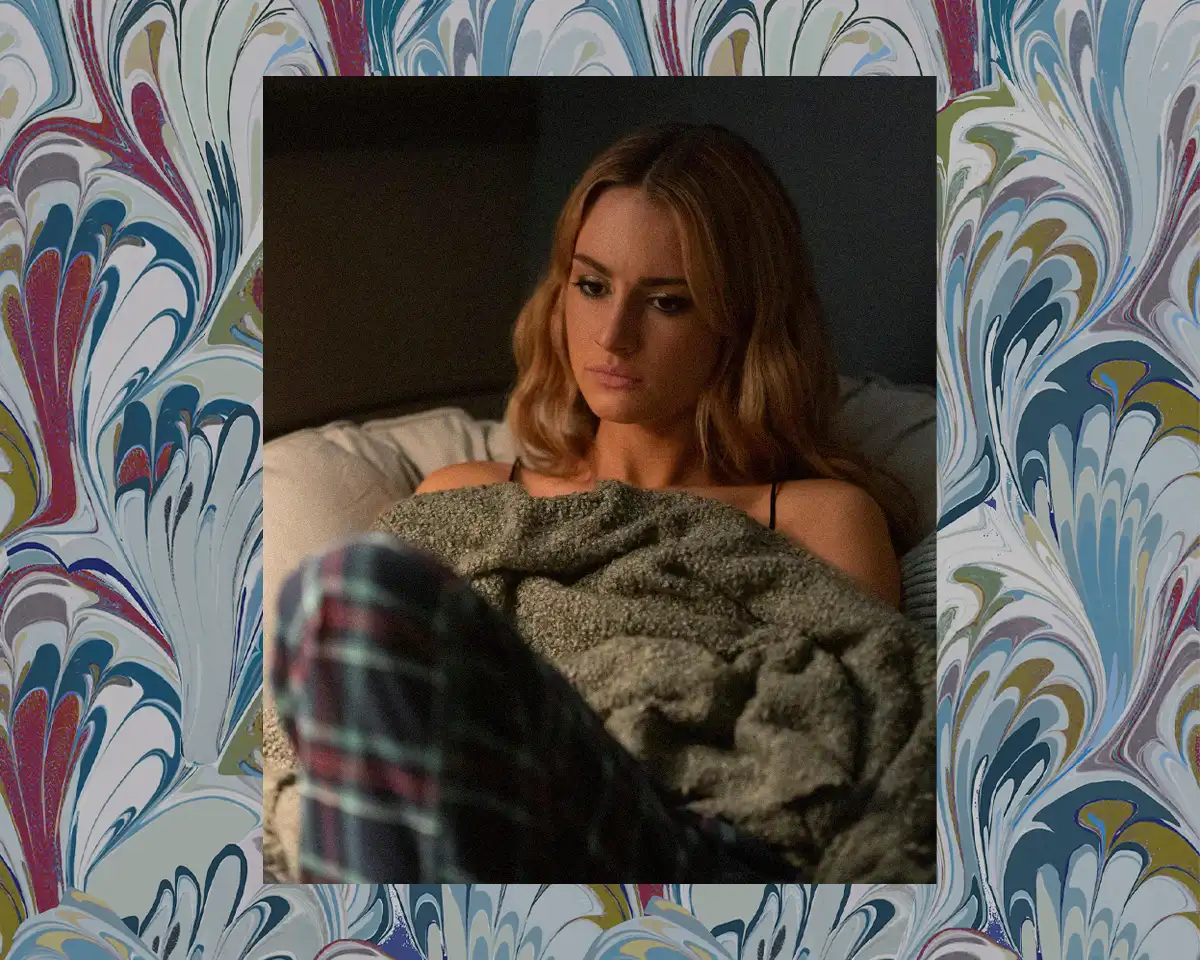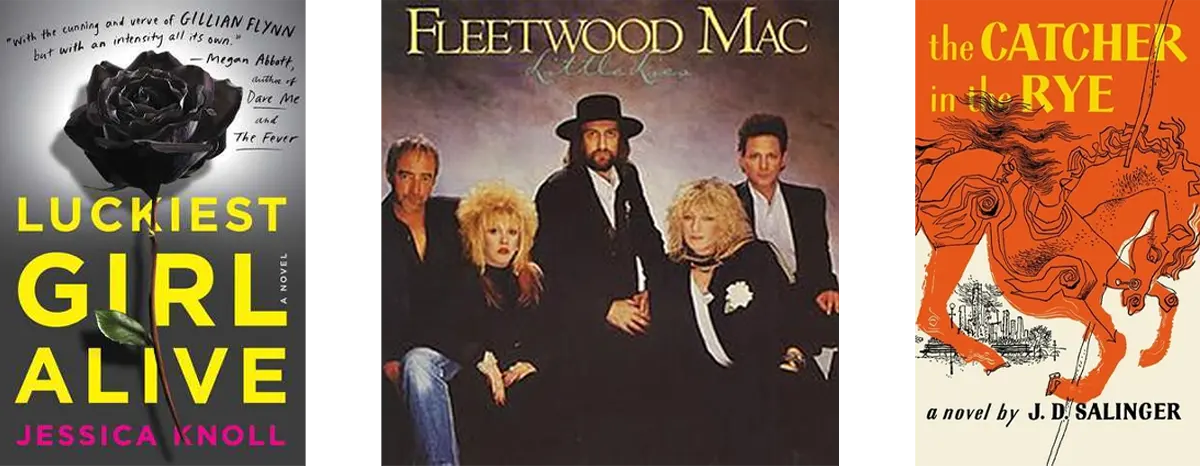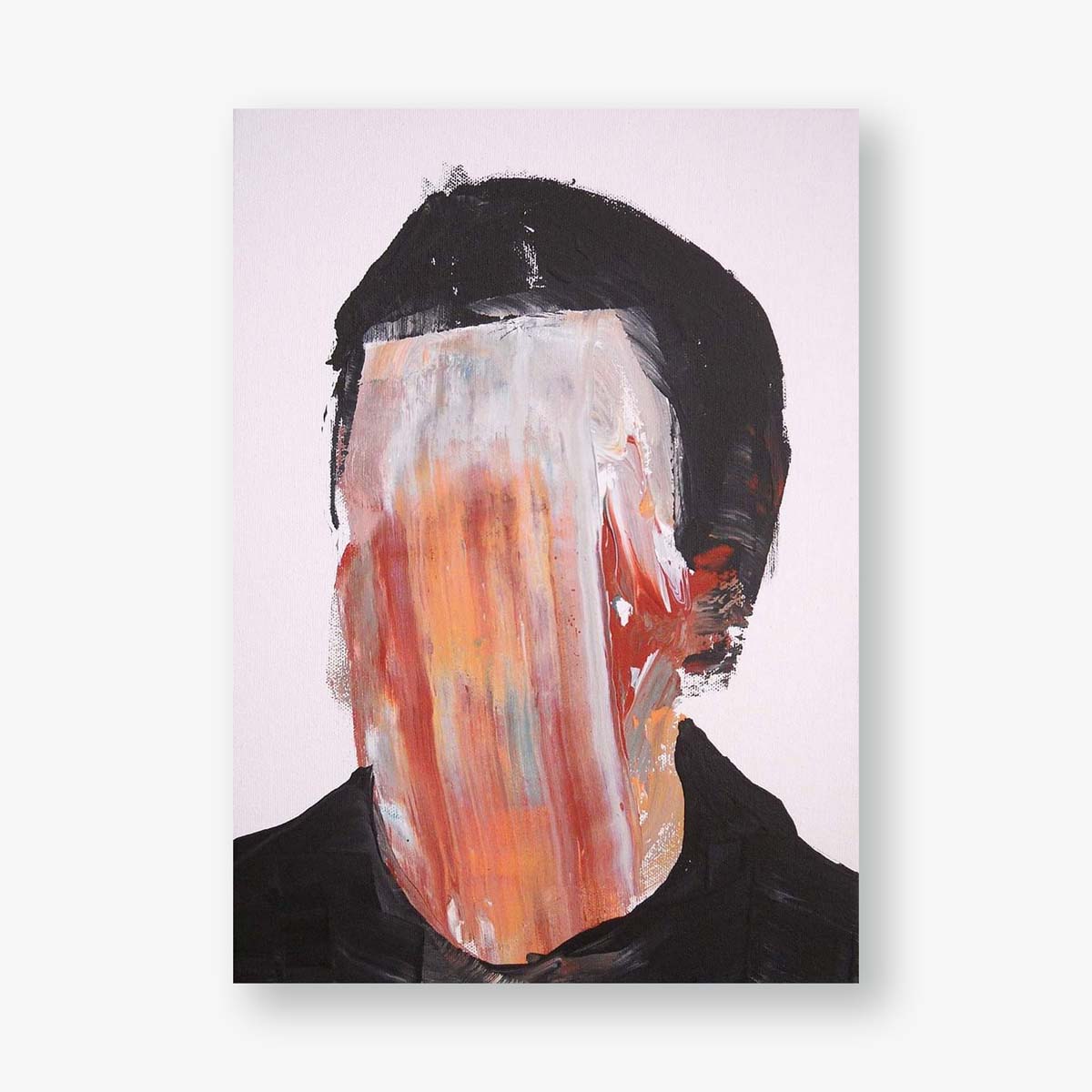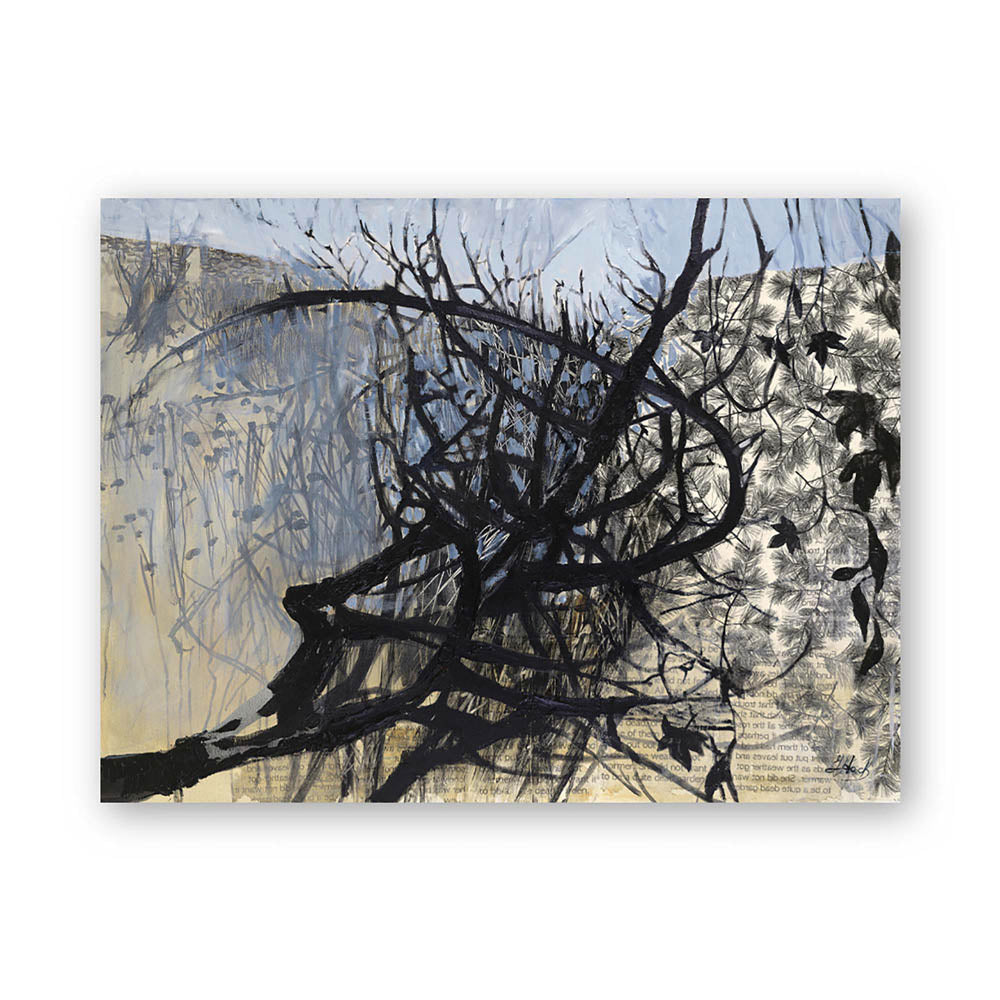There were moments when I read Tell Me Lies and thought—did author Carola Lovering have access to my diary and inner thoughts my freshman year of college? Because, wow, the scenes in the book took me right back to my first relationship, which was also my worst. I could literally feel my body getting hot and sweaty, the tension in my hands holding the book, and the anxiety spiking as the scenes played out with Lucy and Stephen. Were these scenes also my memories?
From the eating disorder in the book, which reflected my own weight loss because I could only eat if I had a positive experience with my boyfriend (and more often than not, I didn’t), to the way I would check my phone constantly in desperate need of attention. I hid in my dorm room, became anti-social, canceled big plans, and poured all my energy and joy into a relationship that gave nothing in return—convinced it was love. No one else “understood” our relationship the way I thought I did. What they were seeing wasn’t the truth—at least not the truth I told myself.

Carola Lovering said it plainly in our Lit Society conversation: “I have been Lucy.” That confession—and the craft that followed—hit a nerve. Her bestselling novel Tell Me Lies captures the rawness of a toxic relationship, and why so many of us both cringe at Lucy’s choices and recognize ourselves in them.
Here are five moments from the book (and from Carola’s own story) that every woman who has experienced a toxic relationship will recognize, I certainly did.

1) The Red Flag You Rationalize
“You make terrible choices and you don’t know why… it’s shameful and embarrassing.” —Carola Lovering
You see the warning sign. You excuse it. You stay. Standards and tactics don’t always line up—what we swear we’d never tolerate becomes something we rationalize in the moment.
I remember feeling like I was watching myself outside of my body making decisions that I knew were completely against my values. So much so that I would give my own friends advice and then turn around and do the opposite of my advice. For me, a red line was finally crossed one day that I knew I could never forgive myself if I went back. And luckily for me, I didn’t.
2) The Shame Spiral Without Language
“Back then I didn’t feel like there was really language for it.” —Carola Lovering
You know it’s bad, but you can’t articulate it. Without words, shame festers. That lack of language keeps you stuck and makes manipulation easier.
I remember I felt so alone and isolated because I was so ashamed about what was happening. I knew it wasn’t good, but I didn’t want to open up about it. Naming it out loud would mean confronting the truth, and I wasn’t ready to do that. I think Lucy, deep down, didn’t share her experience with her friends for the same reason—she knew exactly what they would say, and that would mean she couldn’t keep pretending. Silence felt safer, even though it kept me trapped. Shame convinces you that you’re the only one who could ever be so weak, when in reality, so many women have been there too.

3) Pain Becomes the Only Thing You Can Write
“When everything’s fine, I don’t know what to write about.” —Carola Lovering
Heartbreak, depression, and confusion become fuel. Carola didn’t start as a lifelong writer—Tell Me Lies grew from vignettes she jotted down to process her pain. For many of us, pain sharpens creativity.
Pain for me throughout my life has almost acted like a reset button. After my breakup, I threw myself into college life—I said yes to everything, I double majored, I became a leader in three different organizations. That drive ultimately helped me figure out what I was passionate about and what I wanted to do after graduation. For the first time, I was pouring my energy into myself instead of someone else. And every time I’ve faced heartbreak since, I’ve returned to that pattern: refocusing on me, rebuilding confidence, and rediscovering independence. Ironically, that confidence and independence are exactly what later attracted my husband. It didn’t happen until my late twenties, but the foundation was built from those painful experiences. The biggest difference? I never again lost myself in a relationship.
4) The Friend Who Hands You a Pen
“Why don’t you try writing about the stuff that happened in college?” —Advice from Carola’s friend
Sometimes all it takes is one friend saying, Put this down on paper. That act of documenting turns private chaos into a story with perspective—and often, the first step toward healing.
What I remember most are the friends who never gave up on me, even through the darkness. Some couldn’t stick around while it was happening—they knew I deserved better and couldn’t watch me self-destruct—but they were still there, waiting to prop me back up once I was ready. That loyalty became a reminder when my own friends later went through their toxic relationships. I could listen, I could offer advice, I could let them vent—but ultimately, only they could decide when it was time to walk away. And when they did, I was ready with open arms.

5) The Identity Rebuild (Therapy Included)
“She had to fight this battle in her own mind to get away from Stephen.” —Carola Lovering
Lucy’s liberation wasn’t just about leaving Stephen; it was about rebuilding her own self-worth. Toxic relationships take root in untreated depression, insecurity, and shame. Healing requires more than walking away—it means re-learning who you are.
Takeaway:
The real villain of Tell Me Lies isn’t Stephen—it’s the mental health struggles, silence, and self-doubt that leave Lucy vulnerable. If you’ve “been Lucy,” you know the fight is as much internal as external.
Conclusion:
Carola said during our conversation, “If I hadn’t been Lucy, I wouldn’t have been able to write. None of this would’ve happened.” I feel that way too. If I hadn’t gone through the darkness of that relationship—if I hadn’t completely lost myself—I never would have truly found myself. I wouldn’t have set the standards that eventually defined my relationships. At some point, I realized: never again. I deserved more, I deserved better, and I would never lose myself to keep someone else—because that isn’t love. As hard as it was to be Lucy, I’m grateful I was. Because now, I’m Jacqueline.

Further Reading/Watching:
- Luckiest Girl Alive by Jessica Knoll (Carola’s top recommendation)
- Catcher in the Rye by J.D. Salinger (her thesis inspiration)
- Fleetwood Mac’s “Little Lies”—the book’s unofficial theme song
Recommended Reading
Tell Me Lies, Too Good to Be True, Can’t Look Away, and Bye, Baby.




















